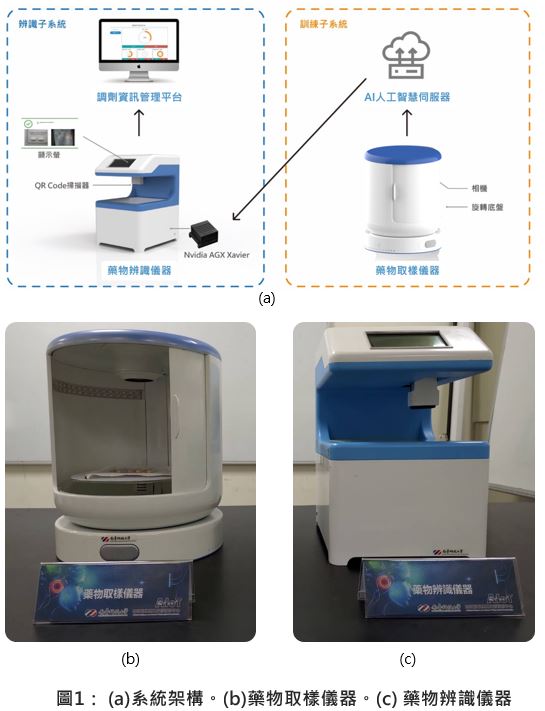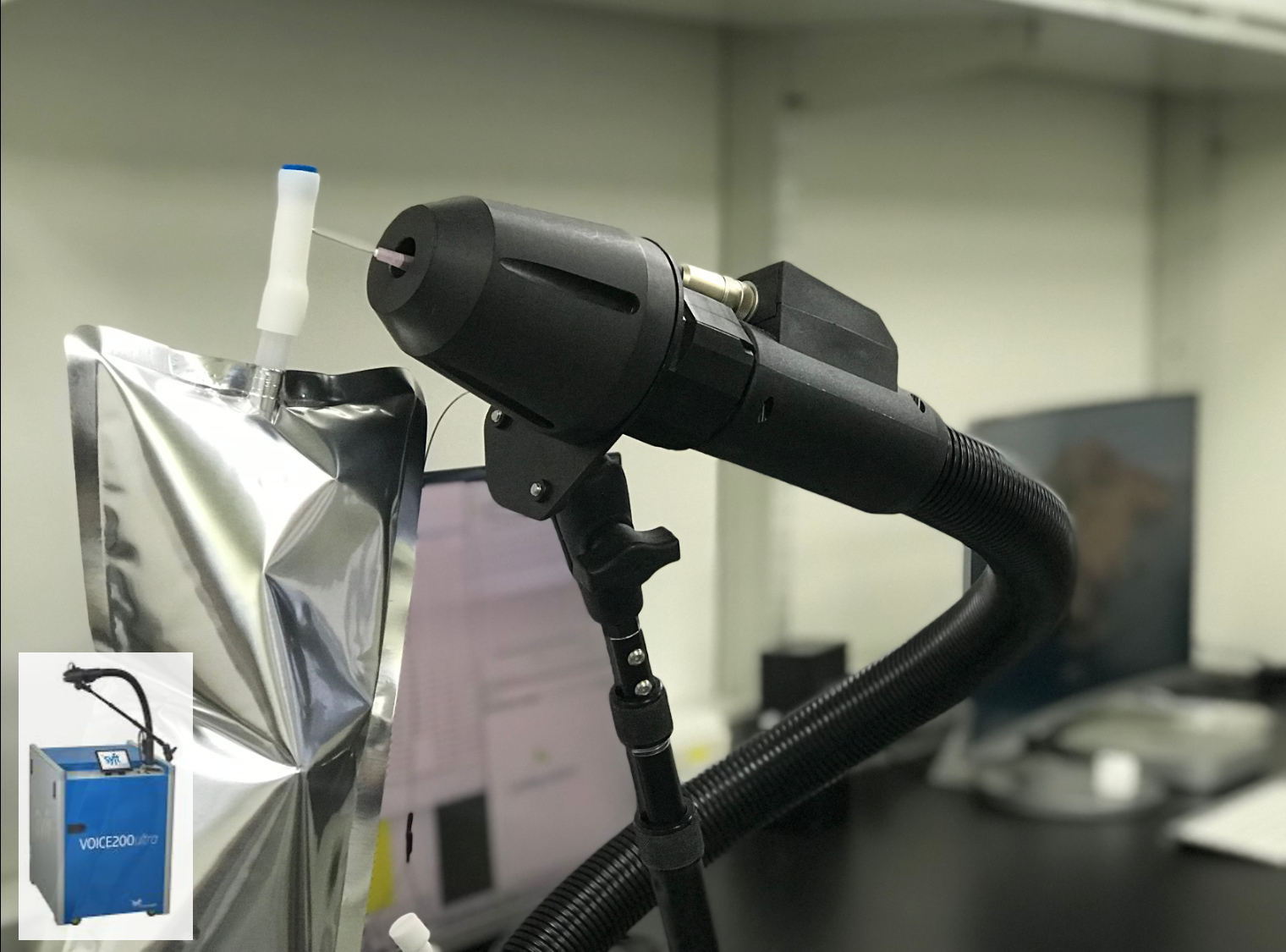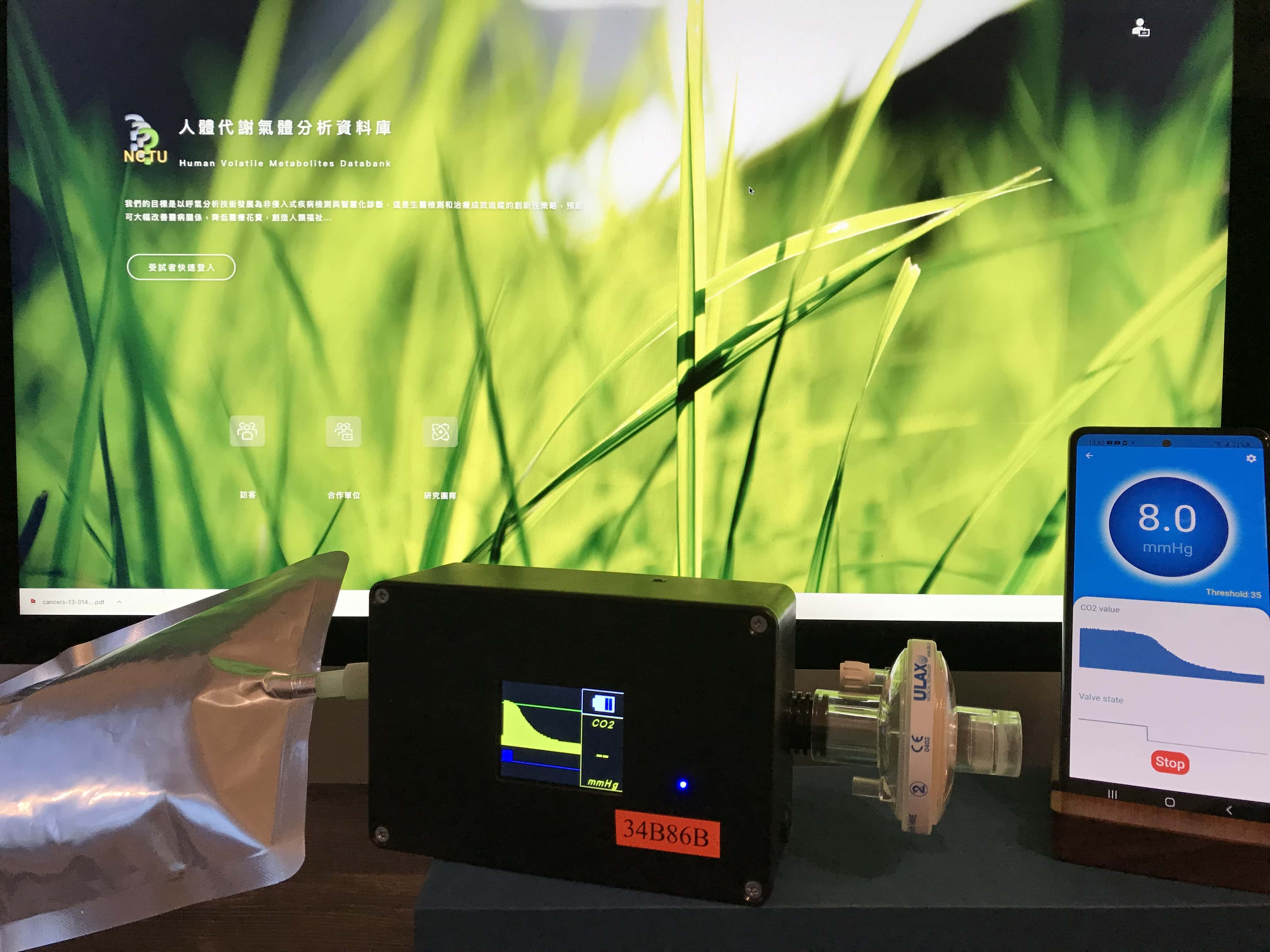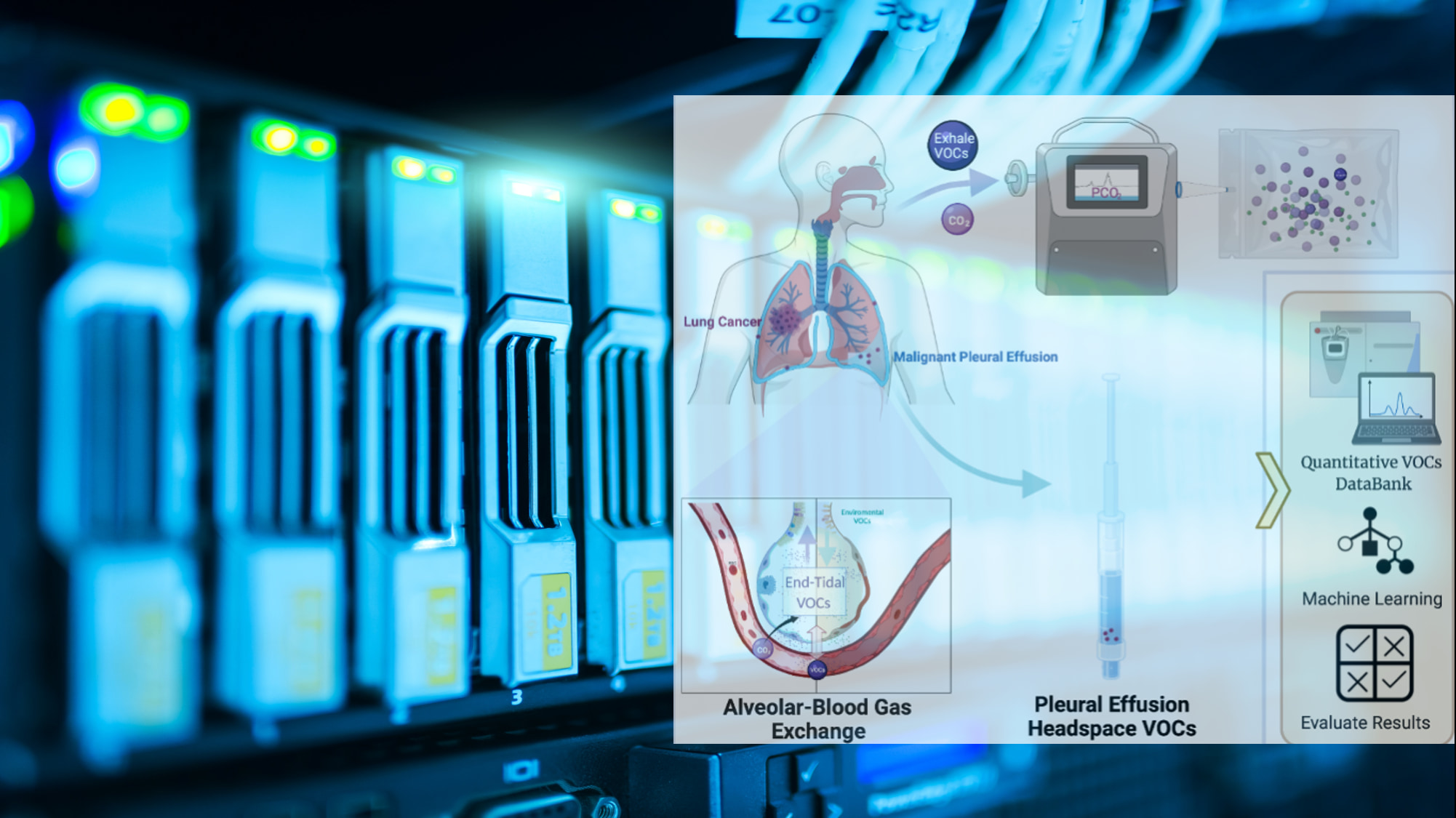| 技術名稱 | 非侵入式智慧生醫診測-肺部疾病的預測為例 | ||
|---|---|---|---|
| 計畫單位 | 國立陽明交通大學 | ||
| 計畫主持人 | 李耀坤 | ||
| 技術簡介 | 呼氣中的揮發性有機物(VOCs)與疾病有關,可望為疾病的檢測標記。我們以質譜法定量近5000人之呼氣成分,建構成數據庫,再以數據分析和機器學習法建立疾病的預測模型,此技術可望突破部分現行的醫檢,以達到非侵入式生醫檢測的目標。這是一項整合醫學、化學分析、資訊和數據科學的跨領域平台,將成為一項創新產業。 |
||
| 科學突破性 | 本案以人體揮發性有機物(VOC)建立非侵入式檢測平台,首先建立呼氣中之VOC資料庫,並串連其血液生化檢資料;以此資料庫,運用機器學習與深度學習技術開發VOC分析模型,包含資料處理、分類建模、特徵和視覺化分析等,以有效分析VOC與特定疾病之關聯性。目前已建立氣喘和肺癌之預測模型,預測準確性可達90。 |
||
| 產業應用性 | 人體VOCs的研究促使生醫檢測由侵入式抽血檢測轉而為吹氣方式,此新式的檢測方式將帶動醫檢產業的革命性發展。本案已建立全球首座人體VOCs數據庫,以此數據庫分析所得的特定疾病氣體指標群除將可獨立作疾病智慧預測平台外,亦可作為電子式氣體感測器或相關穿戴式裝置的開發依據,具有橫向和縱向發展之產業應用價值。 |
||
| 關鍵字 | 質子轉移反應質譜技術 非揮發性有機化 數據庫 數據科學 深度學習 非侵入式檢測 疾病預測 疾病氣體生物指標群 肺癌 氣喘 | ||
- 聯絡人
- 李沁珊
- 電子信箱
- sharonlee@nycu.edu.tw
其他人也看了







